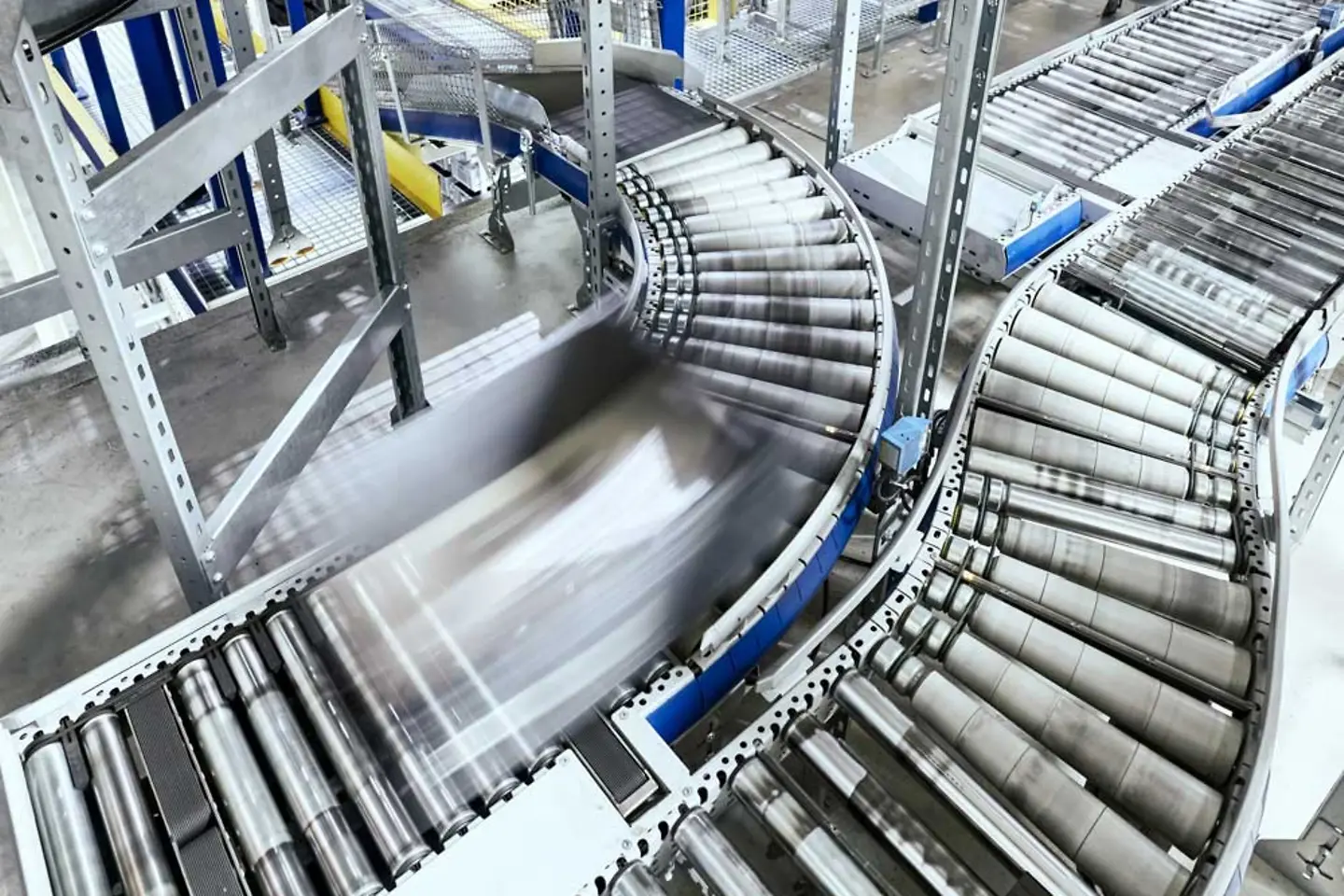
Migrate your processes to the cloud for a clearer supply chain view and a better position to drive business success.
Enterprises in major industries are ramping up production and expansion plans in response to the surging global demand for manufacturing parts and consumer goods. Businesses must prepare for port congestions, container shortfalls, months-long delays, and other serious disruptions. They must also consider geopolitical upheavals affecting the cost of materials and shipping. Globally, 48% of businesses have already experienced production input shortages, while 56% have faced disruptions due to input price increases.

Supply chain disruptions can be costly for Asia-Pacific (APAC) businesses in manufacturing, mining, construction, energy, and other heavy industry sectors. These enterprises are complex, asset-intensive organisations with vertical integration. For example, energy generators and distributors need to maintain a large infrastructure of power plants, transmission lines, substations, and other equipment to keep up with the high demand for electricity.
These businesses may also have cross-border sites and a massive workforce. Manufacturing companies, for instance, may produce and distribute goods in different countries to maximise labour costs and gain access to new markets. They are sensitive to supply chain disruptions, causing them to underperform just when they’re needed the most.
To respond to various concerns, enterprises can implement industrial cloud solutions that combine software, platform, and infrastructure-as-a-service (IaaS). They help address nuanced customer needs and supplier requirements, and power up regional expansion. These qualities make them ideal for large businesses in major sectors.
The cloud can support trade-dependent enterprises in three ways:

Access to supply chain data has become crucial for businesses to gain a competitive advantage. Yet, China and US-based tech giants have a monopoly on data. This may leave many APAC businesses in the dark when it comes to shipping channels, port capacity, and the status of shipping components.
Adopting industrial cloud solutions gives enterprises the added capacity to process massive data streams. It can offer access to information for real-time shipment tracking and logistics analyses. For example, Taiwan-based sportswear textile manufacturer Little King adopted SAP S/4HANA on AWS. This resource planning (ERP) system upgrade sped up operational report generation from seven days to 40 minutes.
While migrating large volumes of data can be a considerable task, partnering with a cloud specialist can simplify the process. Zuellig Pharma, for instance, partnered with T-Systems to migrate its SAP landscape to Microsoft Azure Public Cloud. The company is one of Asia's leading healthcare services providers, employing over 13,000 workers in 13 Asian countries. Migrating to the public cloud optimises its business-critical systems and supports its regional distribution of pharmaceutical products.
Implementing Industry 4.0 solutions also aligns with APAC governments’ demand for data transparency. For instance, the Japanese government has proposed a secure data-sharing framework that emulates the EU's initiative of connecting different cloud services across businesses. This proposal involves sharing data on inventory, disruptions, and other information for end-to-end supply chain visibility. Enterprises that seek leadership in their respective industries can adopt the industrial cloud to help governments establish end-to-end supply chain visibility.

Enterprises face labour shortages, complex equipment and warehousing, and inventory vulnerabilities. Linking floor-level management and production can also be complex, and having more than one site can be an additional challenge.
Adopting the industrial cloud can help keep business production stay in tip-top shape. Cloud platforms connect a dashboard with sensors that help provide a clear view of production and warehousing status. Enterprises can use the resulting visibility to optimise their resources and capacity and improve their manufacturing cycle times.
For instance, Singapore-based Ninja Van implemented Google Kubernetes Engine and other cloud capabilities. It can now automate application deployments and cost-optimising algorithms, even as the business continues to operate 24/7.
Japan-based metal processing company Fujikin also adopted a cloud-based ERP solution to digitise purchasing, sales, and inventory. This initiative reduced the enterprise’s reliance on individual skills and its workload by 170 man-hours per month.

Long-standing industrial supply chains have decoupled over the last two years. This has cut global businesses off from employees, suppliers, or customers, pushing remote work to the forefront. Having alternative suppliers from raw materials to last-mile delivery has become crucial. Businesses that can sync up processes across suppliers, workers, and manufacturers will be able to handle issues jointly and comprehensively and minimise shortages and delays.
The key behind syncing disparate processes is cloud computing. The industrial cloud can support stakeholder networks to maintain cross-border business processes. For instance, SAP Ariba Supply Chain Collaboration connects enterprises with manufacturers and suppliers. It helps onboard new suppliers and share information on production and inventory to secure supply.
Indonesia-based maritime and logistics company Meratus adopted Microsoft Cloud solutions to enable workforce communication and drive workers' efficiency. Cloud adoption had supported the company’s expansion into international routes in 2021. Meratus further aims to use Microsoft Teams to help workers engage with customers.
Global supply chain issues are upending manufacturing, logistics, and other asset-intensive sectors. To steer clear of these issues, enterprises can plug into Industry 4.0 and adopt purpose-built cloud solutions. However, this requires integrating large-scale processes, investing in data centres, and upskilling workers.
Not all enterprises have training on cloud platforms, and partnering with experts has become the go-to solution for many global businesses. Working with a cloud specialist can speed up a seamless adoption and minimise the capital expenditure required. For instance, T-Systems has a cloud integration template that covers 80-90% of the business-relevant processes. It enables quick and error-free digitalisation of data and workflows.
Want to learn more about migrating supply chain processes to the cloud? Contact T-Systems and find out how to tailor industrial cloud solutions to your operational goals.